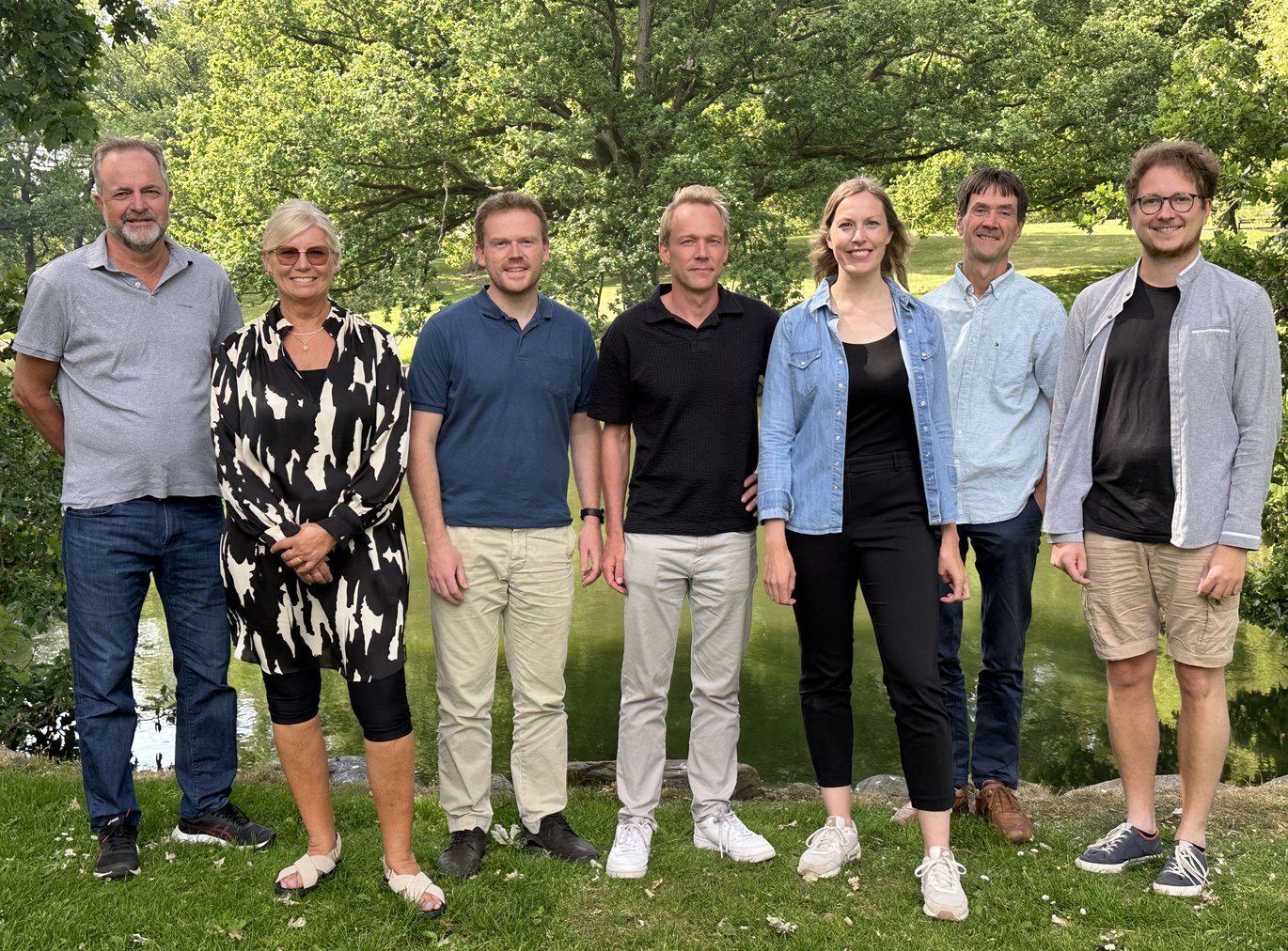Researchers have discovered a new approach to boost the immune system
A joint collaboration between researchers from the spin-out company Commit Biologics, Christian-Albrechts-University in Kiel and Aarhus University has led to a better understanding of the function of the so-called complement system. The findings offer a new approach to developing immunotherapies that can boost the immune system to fight diseases like cancer. The spin-out venture resulting from this collaboration aims to translate the research findings into clinical applications.

Immunotherapy is a type of cancer treatment that uses the body's own immune system to fight tumor cells. While much focus has been on engaging T-cells for fighting cancer, less attention has been given to directing the complement system toward tumors.
The complement system is an important part of the innate immune system that helps fight infection, heal injury and remove our dead cells. Antibodies, which are proteins produced by our immune cells, can activate the complement system; however, not all antibodies are equally efficient at activating it.
In the new study, researchers developed a method to activate the complement system using bispecific single-domain antibodies termed BiCEs. These antibodies can bind to two different targets at the same time: a complement protein called C1q and a specific protein present on the surface of cancer cells.
By linking C1q and the cancer cell protein, the BiCE molecules can strongly activate the complement system leading to the specific killing of the targeted cancer cells.
Compared to antibodies currently used in the clinic, the BiCE molecules are even better at activating the complement system and killing cancer cells. The new approach offers several advantages over conventional cancer therapies, one being leveraging the power of the innate immune system to potentially activate a broader immune response, including recruitment of immune cells to the tumor microenvironment for enhanced anti-tumor activity.
The findings of the study not only highlight the innovative research conducted at Aarhus University but also paves the way for further advancements in the field of cancer immunotherapy. Moving forward, the spin-out venture resulting from this collaboration aims to translate the research findings into clinical applications.
The results were published in The Journal of Immunology.
The company Commit Biologics is a spin-out company from the Department of Molecular Biology and Genetics at Aarhus University.
For further information, please contact
Nick Stub Laursen
laursen@commitbio.com
SUPPLEMENTARY INFORMATION
We strive to ensure that all our articles live up to the Danish universities' principles for good research communication. Against this background, the article is supplemented with the following information:
ITEMS | CONTENT AND PURPOSE |
Study type | Experiment |
External funding | This work was supported by the Lundbeckfonden Grant R192-2015-726 (to D.V.P., G.R.A., and N.S.L.), Natur og Univers, Det Frie Forskningsråd (FNU, DFF) (to D.V.P. and G.R.A.), Novo Nordisk Fonden Grant NNF16OC0022058 (to D.V.P., and G.R.A.), Lundbeckfonden Grant R155-2015-2666 (to D.V.P., G.R.A., and N.S.L.). |
Conflict of interest | N.S.L and D.V.P. are coinventors in a patent application covering the BiCE molecules. D.V.P., H.G., M.B.L.W., and N.S.L. are employees and hold equity in Commit Biologics ApS. The other authors have no financial conflicts of interest. |
Link to the scientific paper | Dennis V. Pedersen,*,1 Heidi Gytz Olesen,*,1 Mikael B. L. Winkler,*,1 Alessandra Zarantonello,*,2 Niklas Baumann,† Annette G. Hansen,‡ Steffen Thiel,‡ Gregers R. Andersen,* Thomas Valerius,† and Nick S. Laursen‡,1 *Department of Molecular Biology and Genetics, Center for Structural Biology, Aarhus University, Aarhus C, Denmark; †Section for Stem Cell Transplantation and Immunotherapy, Department of Medicine II, Christian-Albrechts-University, Kiel, Germany; ‡Department of Biomedicine, Aarhus University, Aarhus C, Denmark 1Current address: Commit Biologics, Aarhus C, Denmark. 2Current address: Centre de Recherche des Cordeliers, INSERM, Sorbonne Université, Université de Paris, Paris, France. Bispecific Complement Engagers for Targeted Complement Activation Journal of Immunology |
